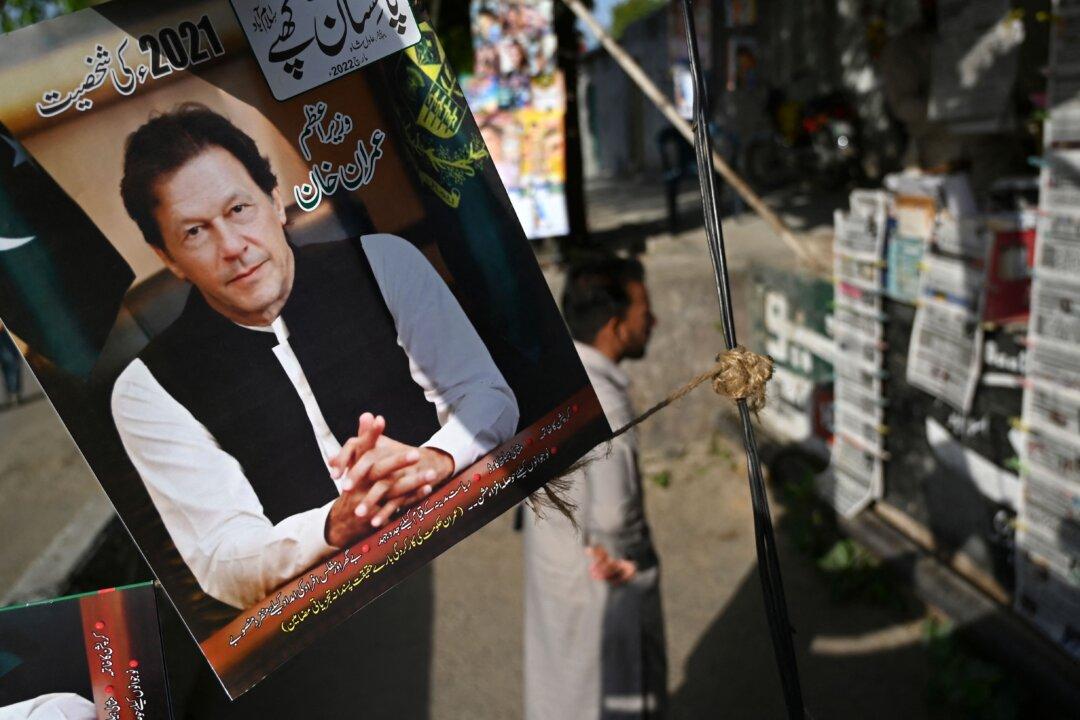Pakistan is facing political turmoil after Prime Minister Imran Khan canceled a no-confidence vote in the country’s parliament that he was expected to lose, and dissolved the legislature on April 2 to enable new elections to be held. Meanwhile, during this maelstrom, he also accused the United States of conspiring to oust him.
However, to Khan’s disappointment, Pakistan’s Supreme Court declared the dissolution of the parliament unconstitutional on April 7 and ordered a no-confidence vote against the prime minister to be held on April 9.





